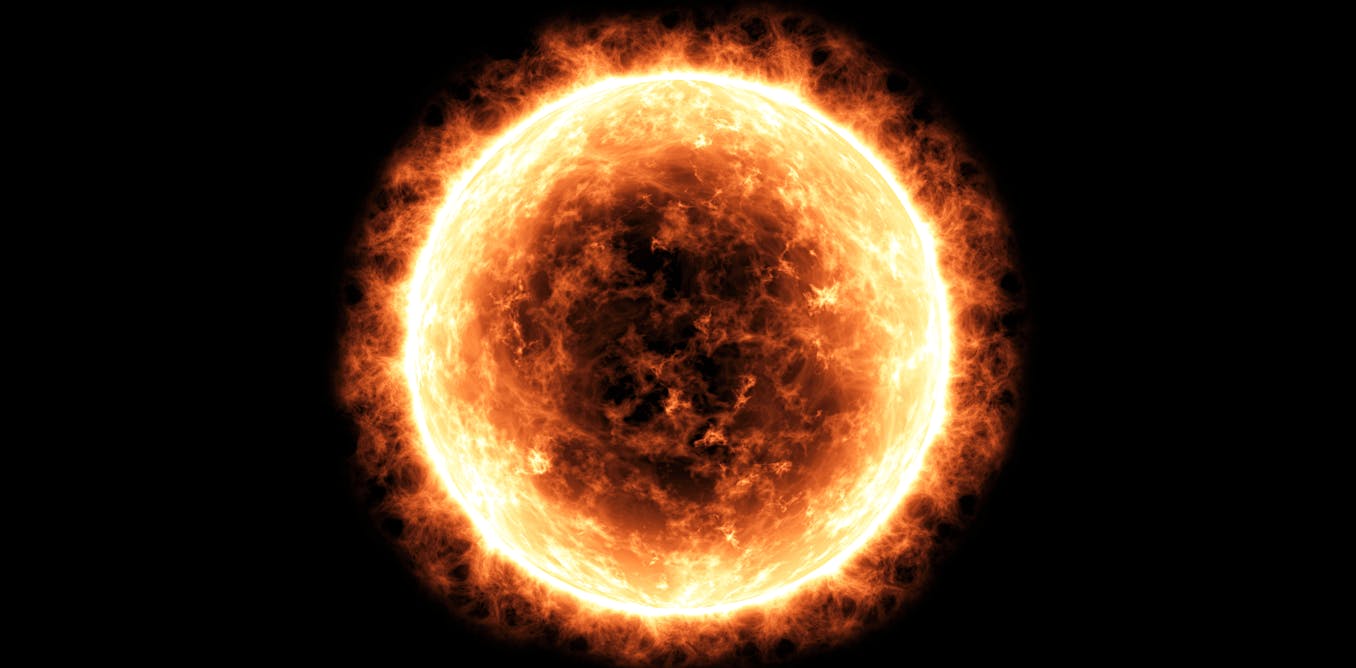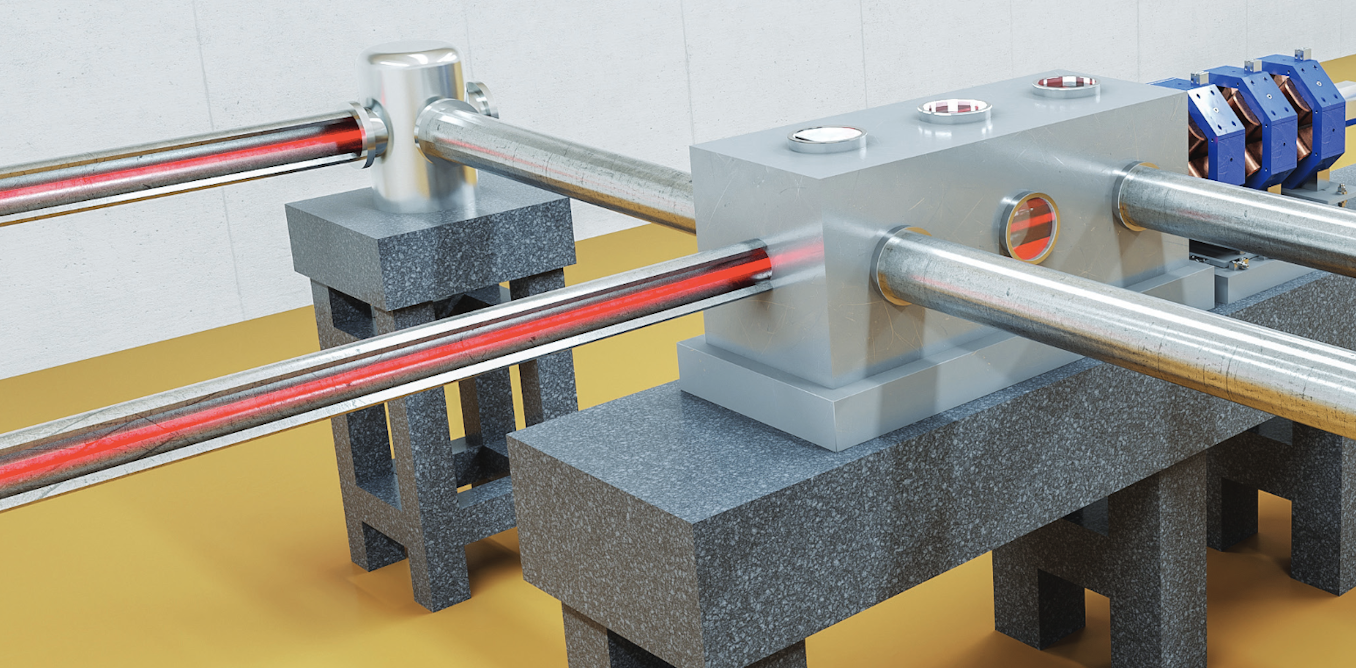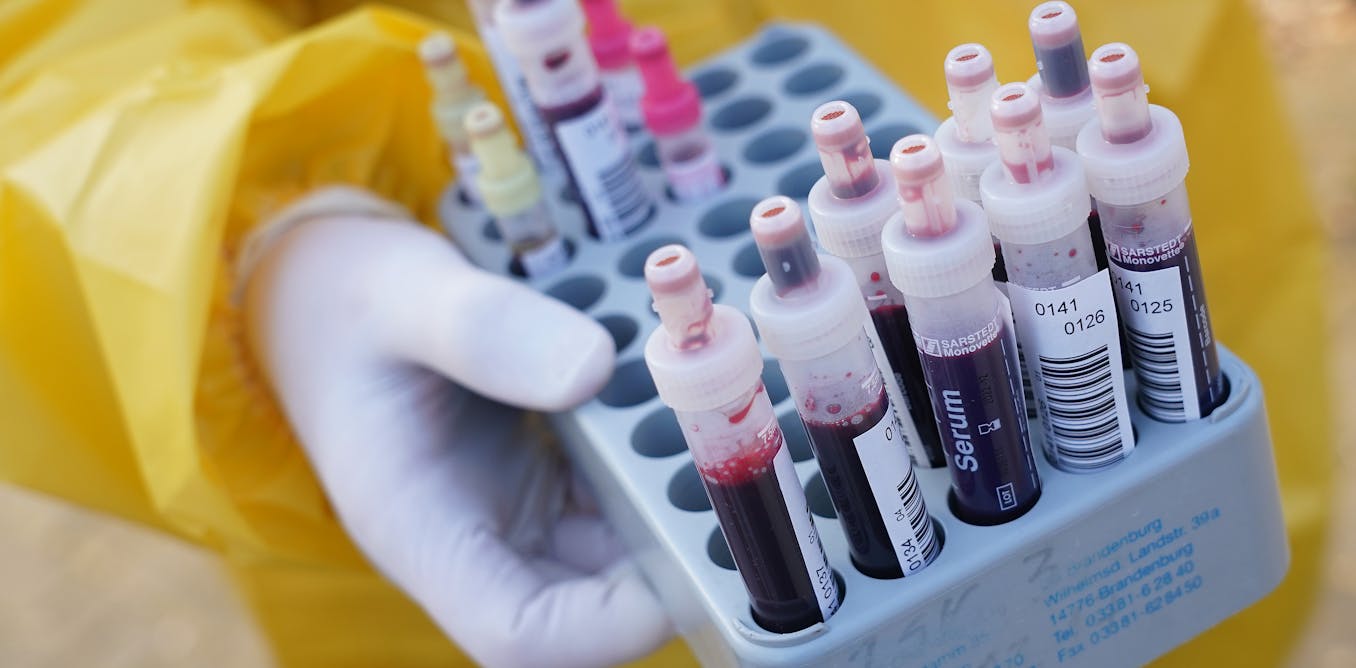To make nuclear fusion a reliable energy source one day, scientists will first need to design heat- and radiation-resilient materials
Fusion reactors get hot − scientists need materials that can take the heat without deforming and deteriorating.
Oct. 18, 2024 • ~8 min







